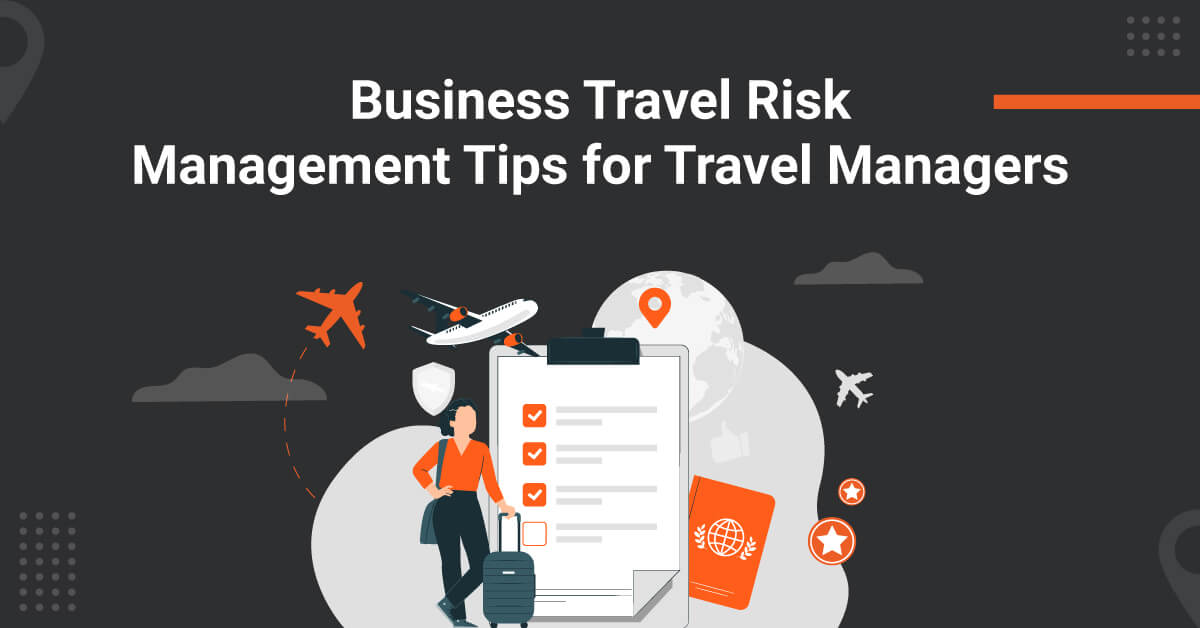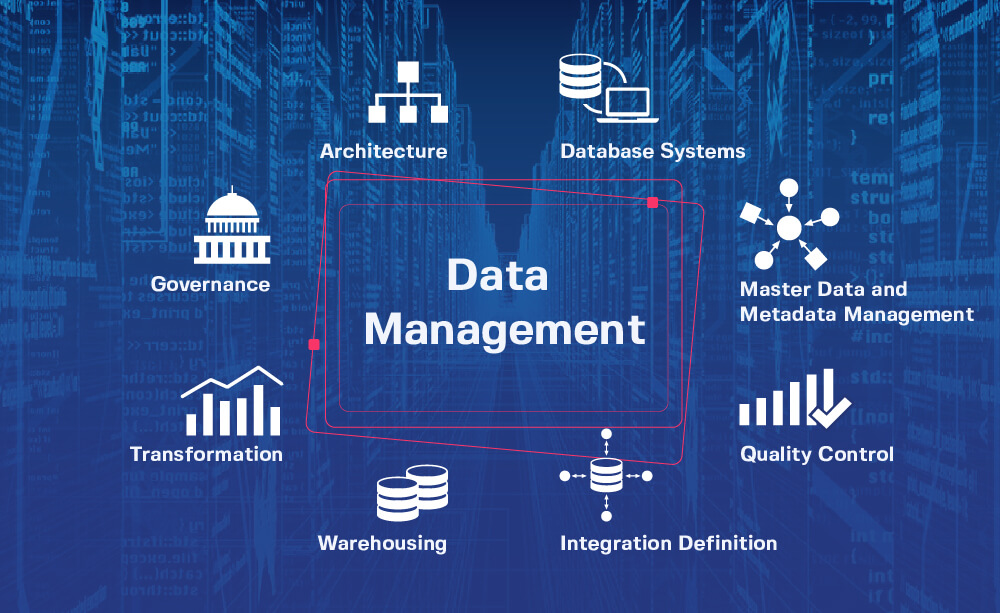Are you looking to enhance your corporate travel management strategies? In this insightful article on Business travel management best practices, we will delve into the essential tips for streamlining booking processes, optimizing expenses, and prioritizing traveler safety. By leveraging data analysis, system integration, and promoting a culture of responsible travel, companies can significantly improve their overall travel management efficiency. Stay tuned to discover the key steps in achieving a successful and cost-effective corporate travel program.
Centralized Travel Management for Efficiency
Streamlining corporate travel planning starts with centralizing booking processes company-wide. By consolidating travel management, companies can ensure a cohesive approach, track expenses effectively, and enforce policy compliance. A centralized system allows for better oversight and control over travel activities, enhancing efficiency and reducing potential errors in bookings. This approach fosters consistency and streamlines communication across all departments involved in travel arrangements.
User-Friendly Online Booking Tools for Seamless Reservations
Integrating user-friendly online booking tools simplifies the reservation process for travelers. These tools enable employees to easily search, compare, and book flights, accommodations, and transportation options in one platform. By offering intuitive interfaces and customization features, companies can enhance user experience, increase booking accuracy, and reduce the time spent on planning trips. Such tools promote self-service booking, empowering employees to manage their travel efficiently.
Leveraging Partnerships for Exclusive Deals and Discounts
Collaborating with airlines, hotels, and rental car agencies secures exclusive deals and discounts, benefiting the company’s bottom line. By establishing strategic partnerships, organizations can access preferential rates, upgrades, and perks for their travelers. Negotiating volume discounts and favorable terms through partnerships helps in cost-saving efforts and enhances the overall travel experience for employees. These partnerships also contribute to building long-term relationships with service providers, ensuring consistent quality in bookings.
Automation for Efficient Trip Planning
Automating itinerary creation and distribution streamlines trip planning processes. By utilizing automated tools and systems, companies can generate detailed itineraries, share important travel information, and manage reservations effortlessly. Automation reduces manual tasks, minimizes errors, and ensures that all trip details are readily available to travelers. This not only saves time but also enhances the overall travel experience by providing accurate and up-to-date information throughout the journey.

Mastering Travel Expenses and Compliance
Establish Clear Guidelines and Policies
To excel in Corporate Travel Management Best Practices, it is vital to establish transparent travel policies and expense guidelines for employees. Clarity on reimbursement procedures and spending limits ensures cost control and compliance, fostering a culture of fiscal responsibility within the organization.
Integration for Efficient Expense Tracking
Integrating with advanced expense management systems streamlines the process by automating expense tracking and approval. This ensures accurate and timely recording of expenses, minimizes manual errors, and facilitates quick reimbursement cycles, enhancing overall efficiency in managing travel expenses.
Utilize Analytical Tools for Optimization
To optimize travel expenses effectively, use robust reporting tools to monitor spending patterns, analyze trends, and identify potential areas for cost savings. Data-driven insights enable informed decision-making, helping in negotiating better rates with vendors and optimizing travel budgets for maximum efficiency.
Ensure Compliance with Regulations
Adhering to corporate travel regulations and industry best practices is paramount for successful travel expense management. Staying updated with compliance requirements not only mitigates risks but also builds trust with stakeholders, demonstrating commitment to ethical and lawful travel practices.

Ensuring Traveler Safety and Well-being in Corporate Travel Management
Implementing robust travel risk management protocols is essential for safeguarding employees during business trips. By identifying potential risks and establishing safety measures, companies can protect their travelers effectively.
Providing real-time travel alerts and updates is crucial in keeping travelers informed of any disruptions, ensuring they can adjust their plans accordingly and navigate through challenges seamlessly.
Offering access to 24/7 support services equips travelers to handle emergencies and unexpected situations effectively, fostering a sense of security and confidence while on the road.
Promoting employee well-being involves considering factors such as travel fatigue and work-life balance. Encouraging healthy habits and providing resources for mental and physical well-being can significantly enhance the overall travel experience for employees.

Enhancing Corporate Travel Policy Compliance
Establishing clear, concise travel policies that reflect company objectives and industry standards is paramount for Corporate Travel Management Best Practices. Aligning policies with corporate goals ensures consistency and efficiency in travel arrangements. Effective communication to employees, coupled with comprehensive training on compliance procedures, fosters understanding and encourages adherence to established guidelines.
Integrating automated tools within the travel management system significantly aids in enforcing policy compliance and reducing instances of non-compliance. These tools streamline the approval process, monitor spending limits, and flag policy violations, thus enhancing overall policy adherence. By leveraging technology, companies can proactively address compliance challenges and optimize travel management processes.
Regular policy reviews and updates are essential to maintaining relevance and effectiveness in managing corporate travel. Industries evolve, as do travel trends and regulations. By routinely evaluating and adjusting policies, businesses stay current, mitigate risks, and align with the changing landscape of the corporate travel sector. This proactive approach ensures that travel policies remain robust, compliant, and in line with industry benchmarks.

Harnessing the Power of Data and Analytics for Informed Decision-making
In the realm of Corporate Travel Management Best Practices, collecting and analyzing travel data is paramount. By delving deep into travel data, companies can unveil trends, patterns, and pinpoint areas ripe for enhancement. Leveraging advanced dashboards and reporting tools empowers decision-makers to visually interpret data, leading to well-informed and strategic choices that align with business objectives.
Forecasting travel demand becomes a breeze when armed with data-driven insights. Companies can optimize travel expenditures by anticipating needs and allocating resources efficiently. The continuous evaluation and refinement of travel management strategies based on robust data analysis not only enhance operational efficiency but also drive cost savings, ultimately leading to a more streamlined and optimized corporate travel program.

Leveraging Integration with Other Business Systems
Incorporating Corporate Travel Management Best Practices involves seamlessly linking with HR systems for employee data and expense approvals. This integration ensures efficient management of traveler information and adherence to company policies, enhancing overall operational transparency.
Connecting with accounting systems is essential for automating expense processing and reconciliation. By integrating travel data with financial records, organizations can accurately track expenditures, optimize budgeting, and ensure compliance with financial regulations.
Integrating with CRM and ERP systems streamlines travel-related processes, enhancing booking efficiency, and simplifying travel expense management. This integration enables effective communication between departments, fostering a cohesive approach to corporate travel initiatives.
Enhancing data sharing and collaboration across different departments through system integration promotes a unified approach to travel management. By breaking down silos and facilitating information flow, organizations can achieve improved coordination, increased efficiency, and enhanced decision-making in corporate travel endeavors.

Foster a Culture of Responsible Travel
Promoting sustainable travel practices within your organization is paramount in today’s environmentally conscious landscape. Encouraging employees to minimize their environmental footprint through eco-friendly transportation and accommodation choices can significantly contribute to reducing the overall carbon footprint associated with corporate travel. By implementing carbon offset programs, companies can take further steps towards mitigating the environmental impact of business travel.
Educating employees on the significance of responsible travel not only benefits the environment but also enhances the company’s reputation as a socially responsible organization. By raising awareness about the positive effects of responsible travel practices, employees can become advocates for sustainable behaviors both within and outside the workplace. This collective effort fosters a culture of responsibility, aligning corporate values with ethical and environmental stewardship.

